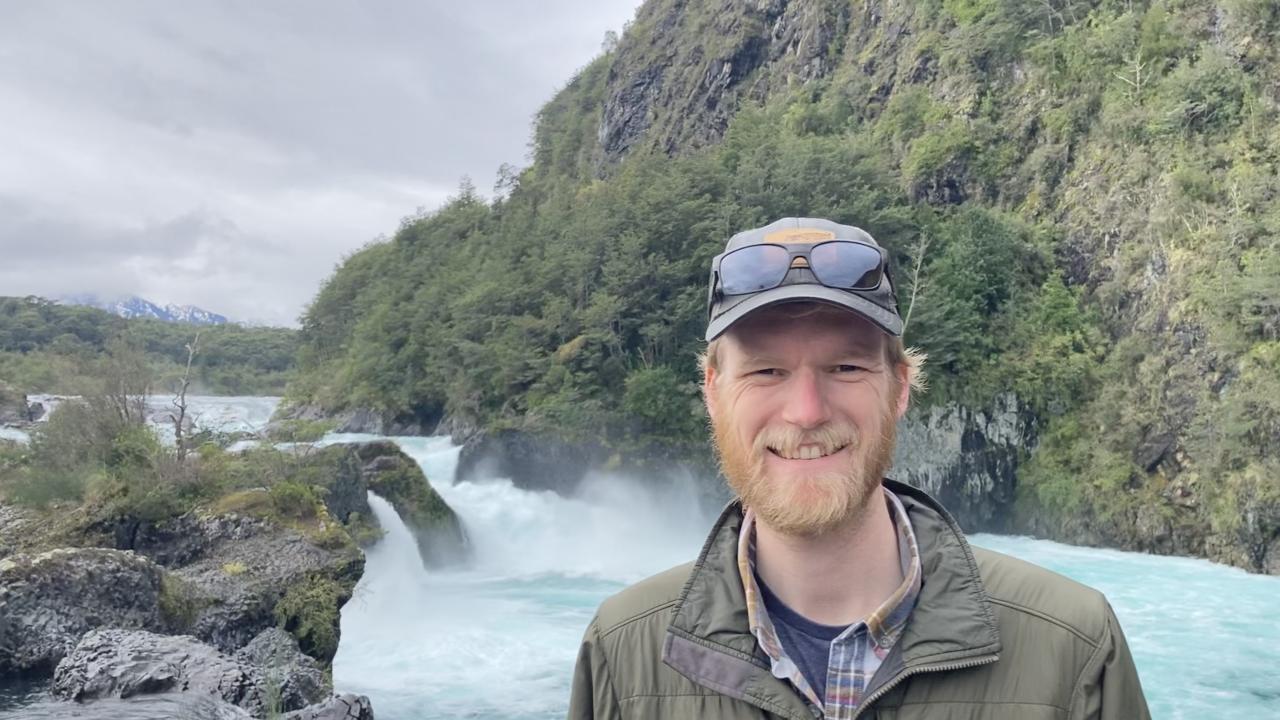
Lab seminar: evaluating spatially coordinated disease management for marine aquaculture
TJ Anderson discussed ongoing work evaluating the effectiveness of disease management practices in the Chilean salmon aquaculture industry. In Chile, Atlantic Salmon are raised in large floating cages called net pens located in near-shore waterways. The net pens hold salmon while they are raised, allowing for the free flow of sea water in and out of the cage. Diseases are a significant problem for the industry; a combination of parasites and viruses reduces the growth and increases the mortality of the fish, decreasing the farms' productivity. Marine parasites can be transmitted over long distances through the water, allowing infections to spread between adjacent farms and to wild fish living nearby. To combat the spread of disease between farms, the Chilean aquaculture industry uses spatially coordinated management practices. All farms in a region are required to harvest their fish and leave the net pens empty for a fixed period to reduce the disease prevalence in that area. TJ has been developing econometric tools to measure the rate of disease transmission between farms and to evaluate the effectiveness of spatially coordinated disease management. His current findings indicate that transmission between farms has a limited effect on the prevalence of disease, suggesting that other sources of pathogens in the environment might play a larger role in transmitting diseases to the farms.